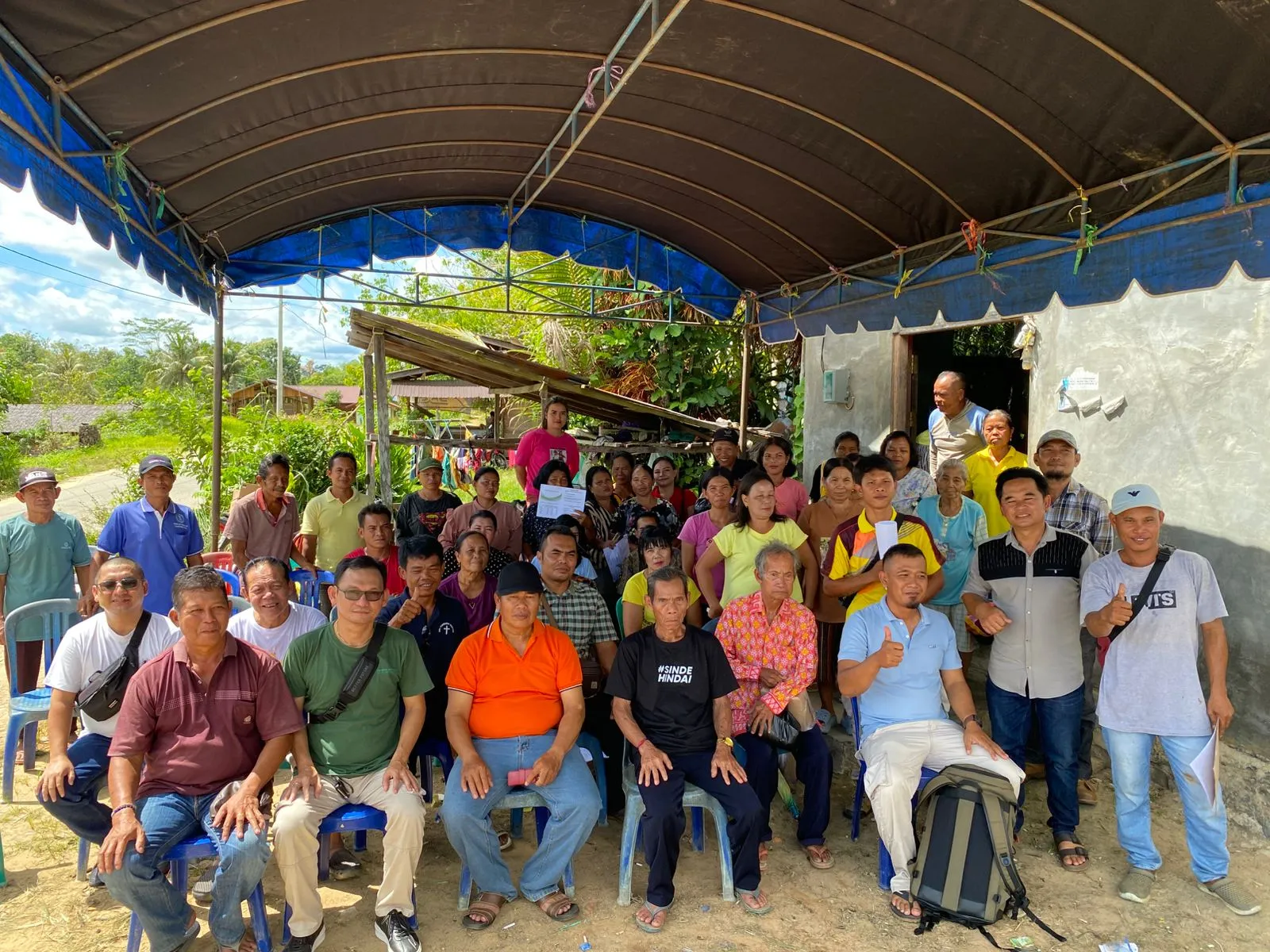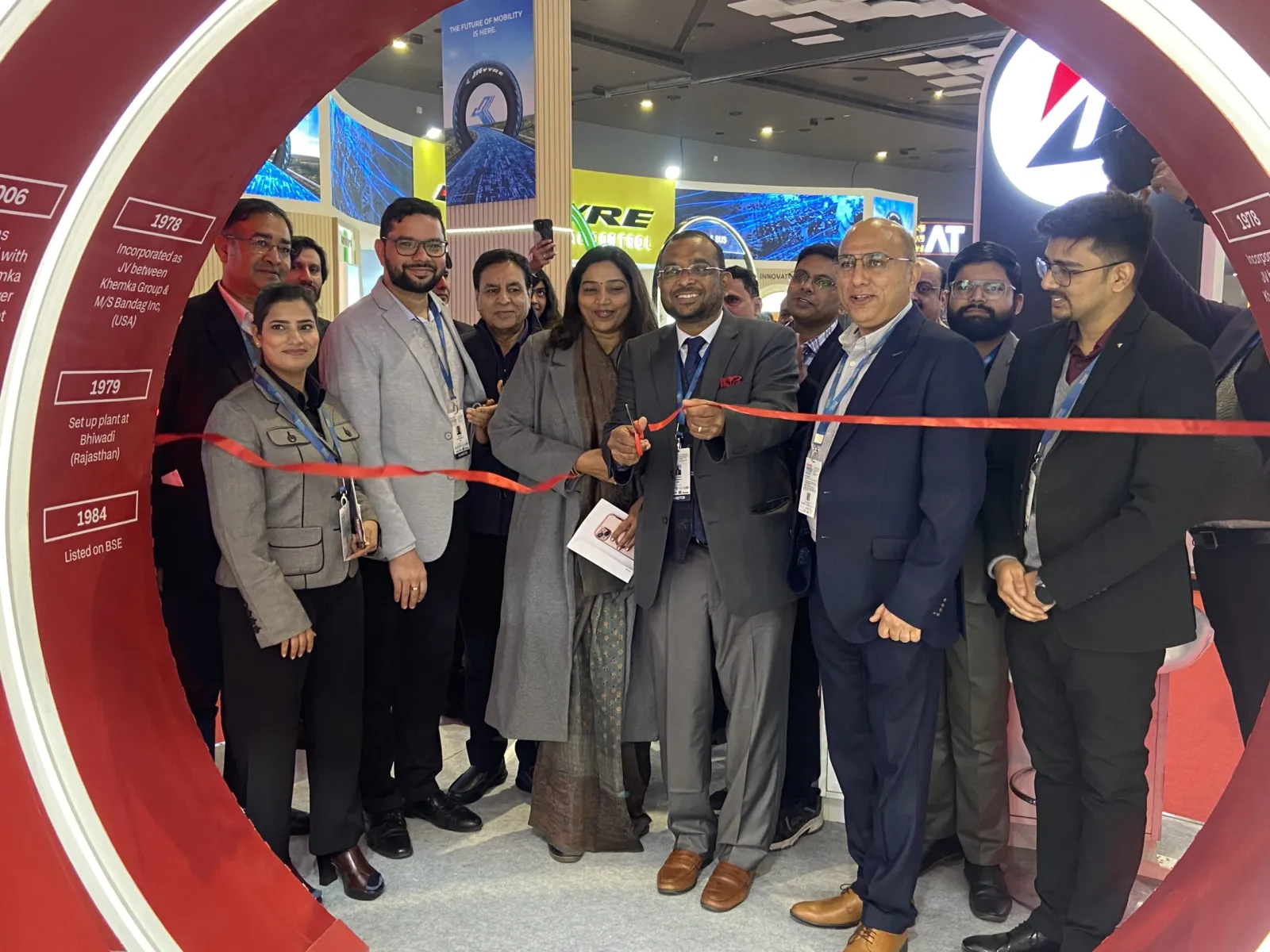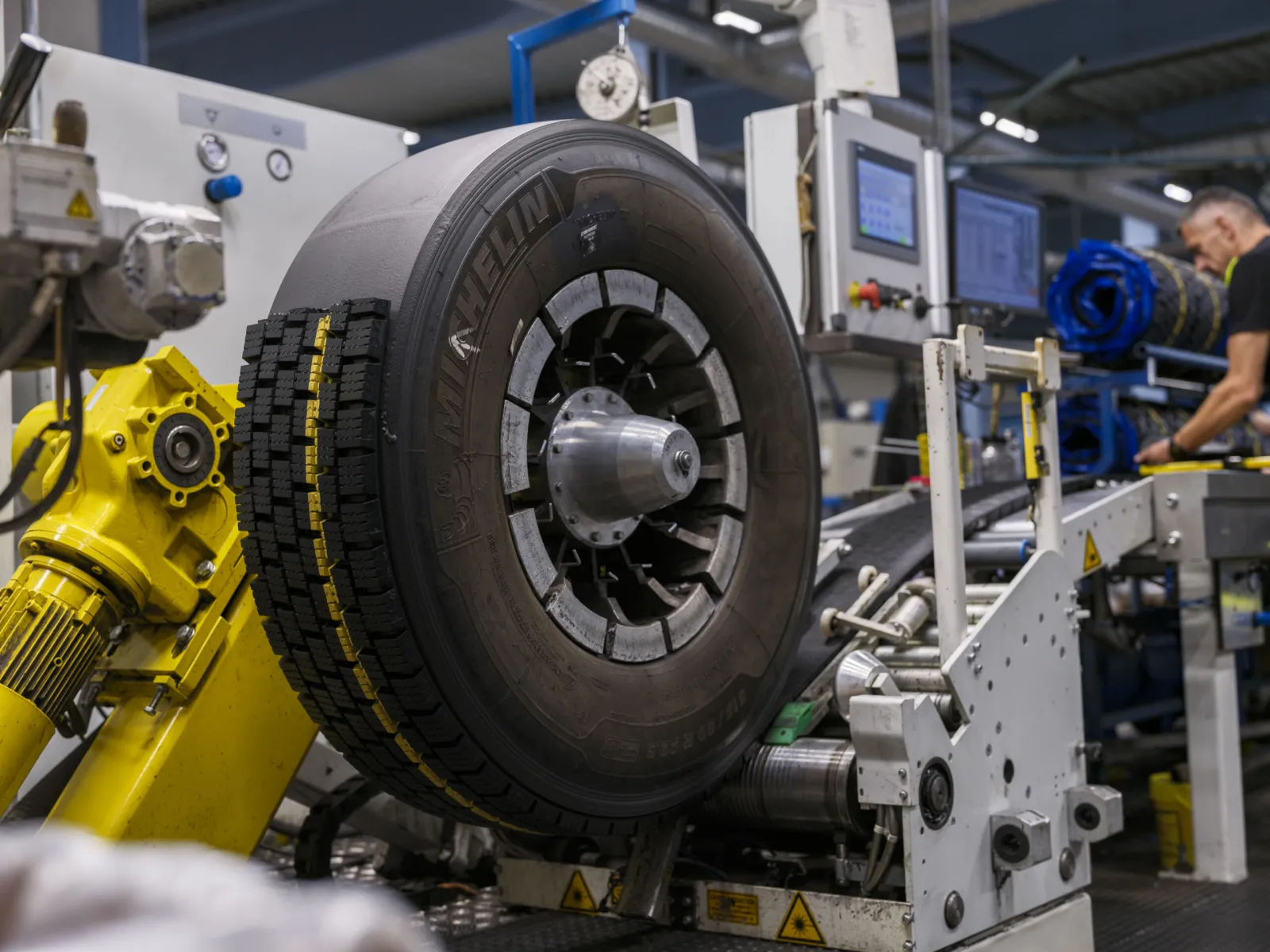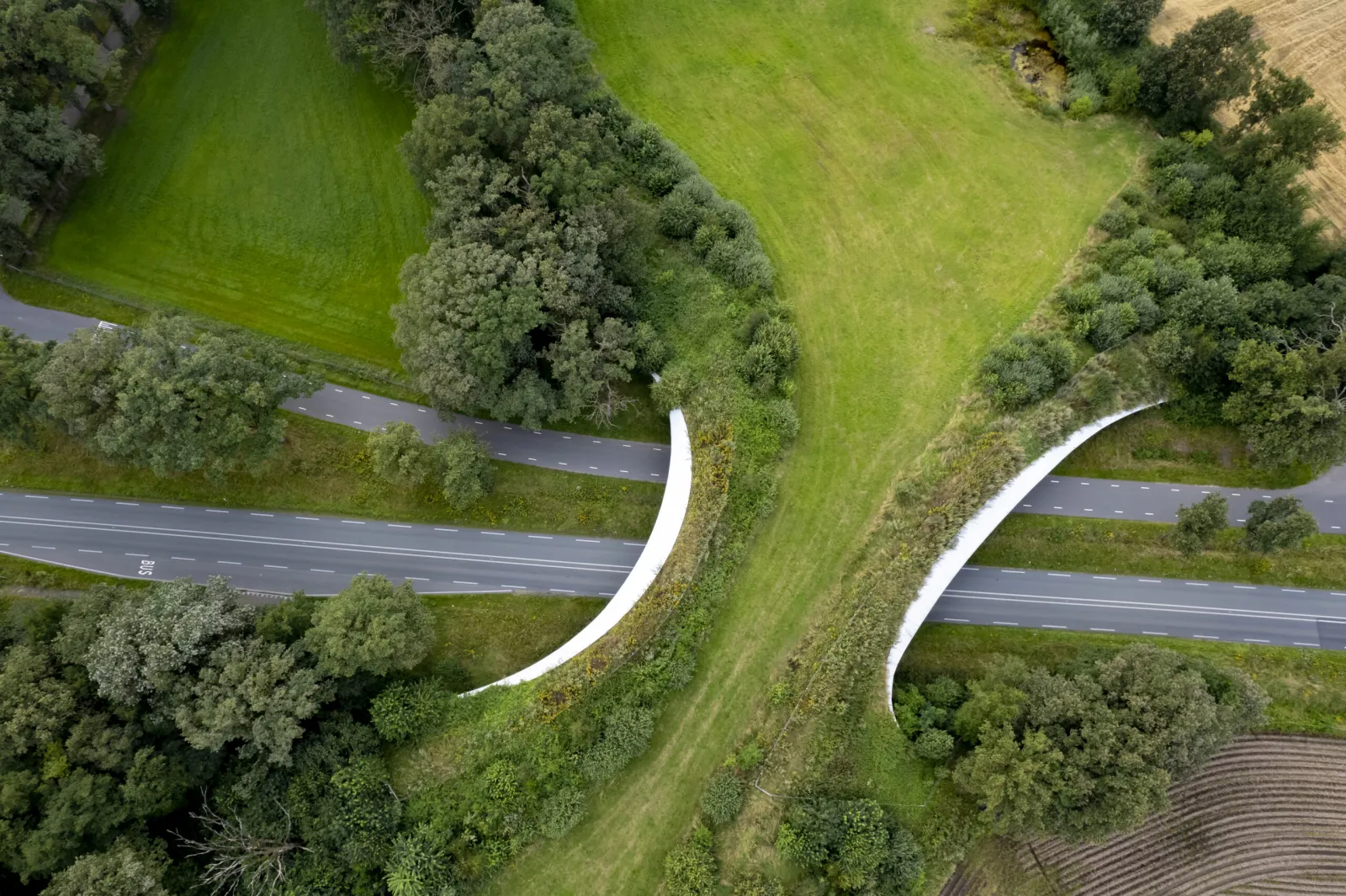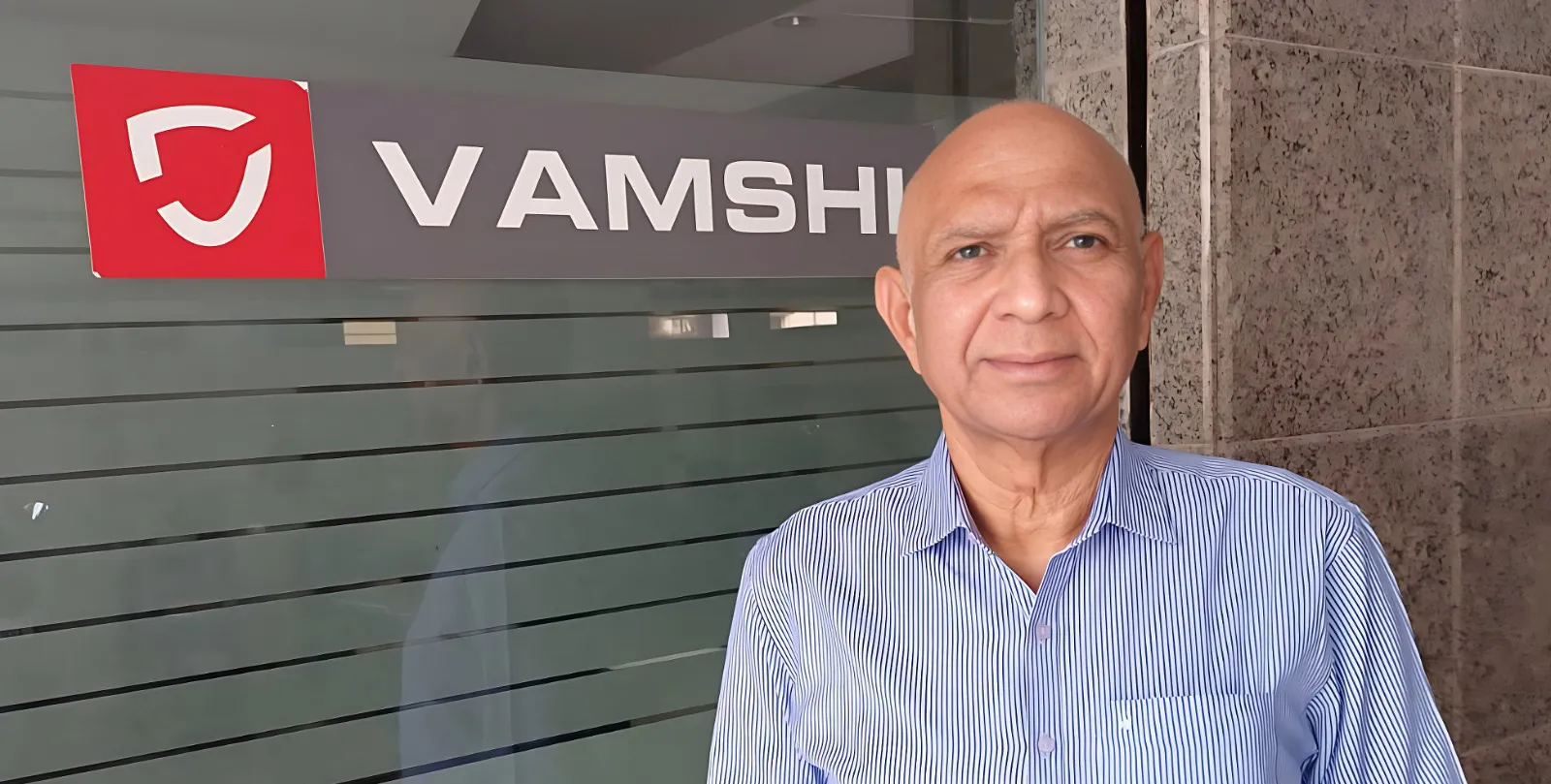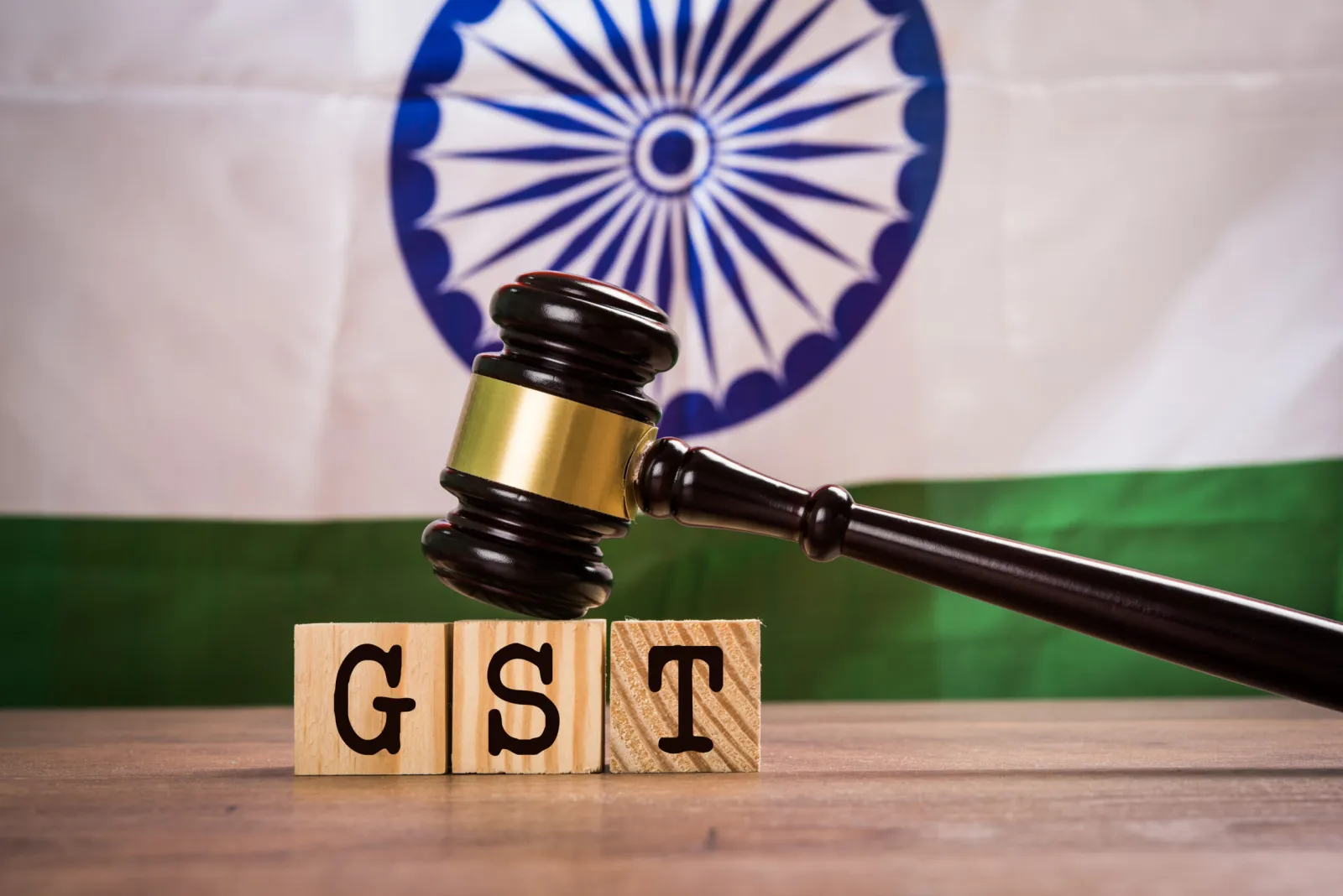Transparency, responsibility and sustainability: these three guiding principles were the focus of a meeting at KRAIBURG Austria at the end of June, when the Hamburg-based trading company Weber & Schaer visited the retreading specialist in Geretsberg, Upper Austria, together with representatives of project partner Fairventures Social Forestry (FSF).
Sustainable Retreading Supply Chain
The occasion was the status of the jointly established, socially and ecologically sustainable supply chain for natural rubber from Indonesia. The talks focused on new developments in the Gunung Mas project area (Central Kalimantan). KRAIBURG Austria is paying particular attention to the directly structured value chain on site: the natural rubber is sold directly by smallholders and rubber tappers to FSF – without intermediaries and with immediate payment on equal terms. This model not only fosters fair economic conditions but also motivates the local population to actively participate in shaping sustainable agricultural practices.
“We are the first private company to be part of this forward-looking project and are delighted that our contribution is helping to establish sustainable ‘jungle rubber’, i.e. natural rubber from traditional, biodiverse agroforestry systems, and that we are able to gradually increase delivery volumes,” emphasises Stefan Mayrhofer, Managing Director of KRAIBURG Austria. The deliveries already comply with the requirements of the new EU Regulation on the deforestation-free supply chain (EUDR) and set standards for responsible raw material procurement.
Lessons learned from practice: trust, transparency and local expertise
A key element of the project development is the lessons learned, which FSF shared during the presentation as part of the visit. These include the establishment of clear, bilingual work instructions (SOPs) for all stakeholders, the development of reliable local control and reporting structures, and the recognition that building trust takes time, presence, and personal relationships – especially in rural areas. Direct communication with farmers, the use of mobile weighing stations in villages and the ability to assess quality on-site have proven to be key success factors. Women often play key roles in this, as two interviews with a female farmer and a female collector clearly showed. René Marc Weber, Managing Director of Weber & Schaer, praised the collaboration: “The partnership with KRAIBURG Austria is an example of how quality, sustainability and entrepreneurial vision can be ideally combined. Together, we are making a concrete contribution to strengthening rural communities.” “Our commitment combines social fairness with ecological responsibility in a way that is also economically viable,” summarised Mayrhofer. “This fits in with our holistic sustainability strategy and our corporate philosophy of always looking ahead.”

